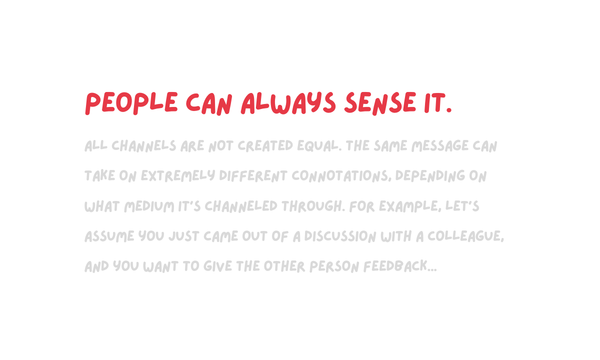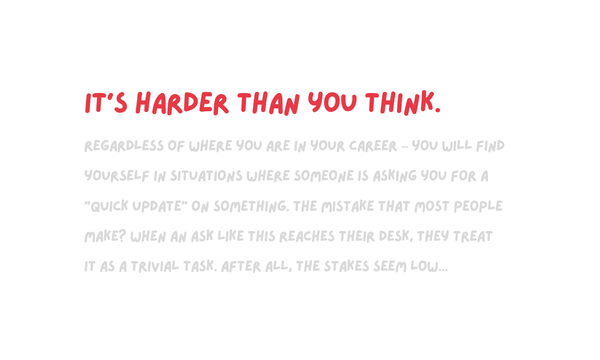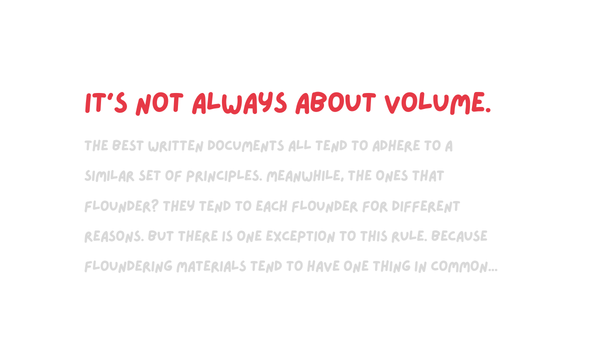Before you call something "low value" — ask yourself this
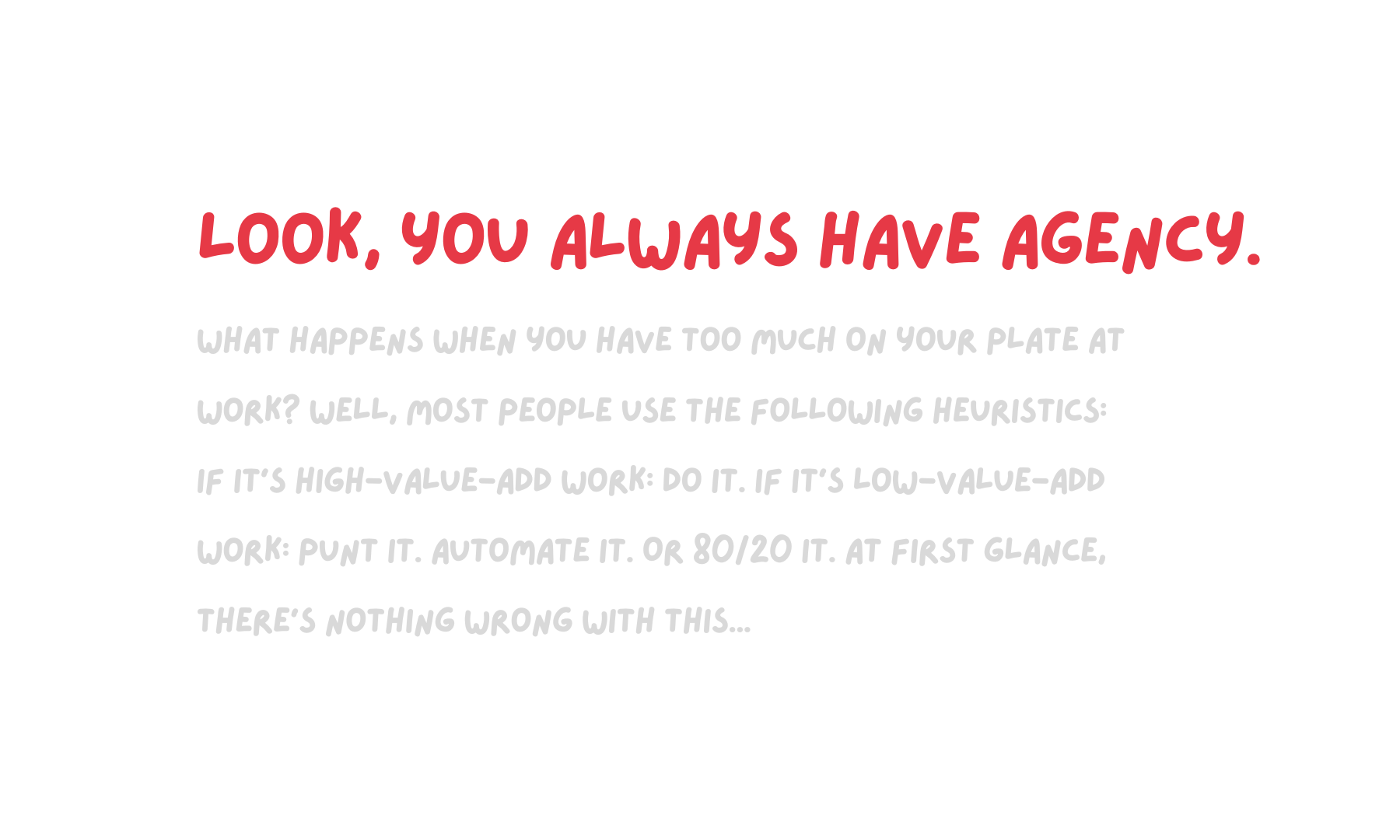
What happens when you have too much on your plate at work?
Well, most people use the following heuristics:
- If it's high-value-add work: Do it.
- If it's low-value-add work: Punt it. Automate it. Or 80/20 it.
At first glance, there's nothing wrong with this. In fact, this used to be my go-to rule – especially in the face of "low-value-add" tasks.
But the danger of this approach (which I didn't realize until years later)?
It's that you unintentionally become myopic. And you create a convenient excuse not to take agency to solve the underlying problem.
In other words: some tasks might appear to be low-value – only because you treated them as nothing more than just tasks.
But if you focused on the objective instead? You'd be surprised at how much value you can add.
And that separates the best operators from the rest.
👋 Join 4900+ readers and subscribe to Herng's Newsletter for free:
My own story (and what I got wrong)
To illustrate this point, here's a story from my first year at Google.
At the time, I was an analyst who worked with a sales team. As part of my role, I participated in weekly revenue forecast discussions on Thursdays.
And at the end of each Thursday's discussion? I was on the hook to turn the most important updates into crisp bullet points – so that the sales leader could take it to management on Friday morning.
This seemingly simple task quickly became the least favorite part of my week.
Why? Because I felt like I wasn't adding much value at all. I felt like I was merely curating, paraphrasing, and wordsmithing.
This weekly chore also felt tedious. I often had to chase people to squeeze details out of them – or even answer last-minute questions on their behalf.
So I never really liked Thursdays.
But was I right in characterizing this recurring task as "low-value-add?"
Focus on the objective, not the task
The answer is both yes and no.
Because yes: with the mindset that I had, I was indeed simply executing a task. By seeing my role as a glorified "parrot" for the sellers – there was very little value that I brought to the table.
No wonder I didn't feel motivated.
(Related read: read my take on how to be more than a parrot when it comes to relaying information.)
But no, this was also precisely my mistake. Because I failed to think about the bigger "why" behind my efforts. I had a huge blindspot.
Had I recognized it, I would've realized that I actually had a unique opportunity to do things like:
- Help the sales leader represent the business better in front of management with sharp narratives and robust datapoints
- Enable the sales leader to send management the right signals for future decisions, by curating the right market insights or sales wins
- Maximize the integrity of the updates we communicated upwards, by pressure-testing and cross-checking the seller updates and datapoints
More importantly? Had I realized any of the above, I would've taken agency to do what was needed to nail the objective, not just the task.
For instance, I could've done things like...
- ...work with the sales leader to strategize the overarching narrative we wanted to build up over time
- ...ask tougher questions during the meeting to assess and uphold the integrity of our updates
- ...implement better ways of running our weekly revenue meetings, in order to extract deeper insight
Imagine how much more value I could've added as a result – compared to the mindless act of transcribing updates.
👋 Subscribe for free to get Herng's newsletter directly in your inbox.
Remember: You always have agency.
Of course, at the time, no one told me I was empowered to do all these things.
But obviously I was!
And that's the thing to realize. You're always in a position to assume full agency.
There's never a good reason to sit on your hands, and bemoan the uselessness of certain tasks.
Because maybe, you're just not looking hard enough.
The best operators I work with understand this concept deeply. Sure, they have no problem deprioritizing what are clearly "low-value-add" tasks.
But at the same time? They make it a reflex to always look beyond the task, and take ownership over a given objective – especially if it's a worthy one.
And when you do that? Your perpsective changes immediately. You naturally find ways to go above and beyond.
And a lot of good things can happen when you start operating with extreme ownership.
(Related: read about how the best operators I know all demonstrate extreme ownership.)
Here are a few examples to illustrate this point:
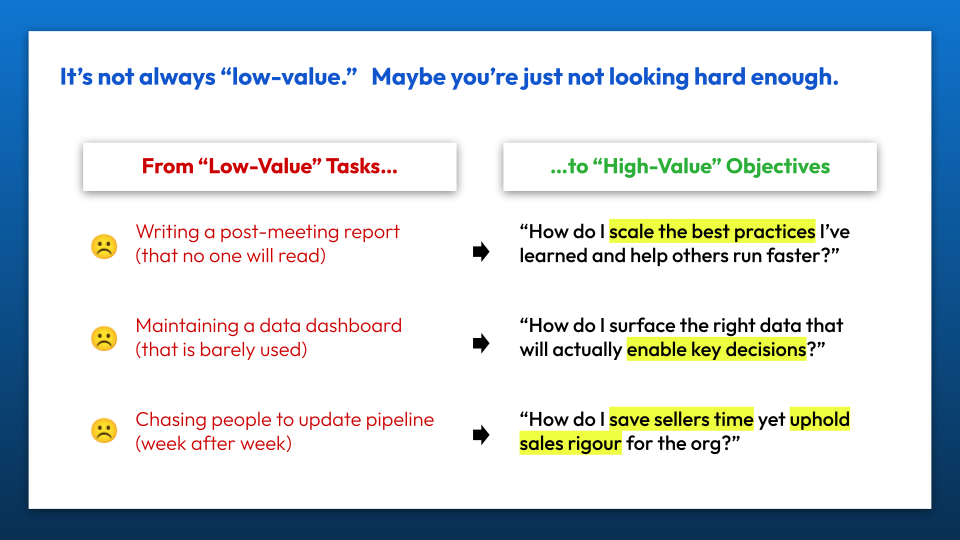
Again, there's nothing wrong with deprioritizing low-value-add work. But just make sure you actually take a second look.
Because sometimes? There's a goldmine's worth of value to uncover.
And our ego is the only one getting in the way.
